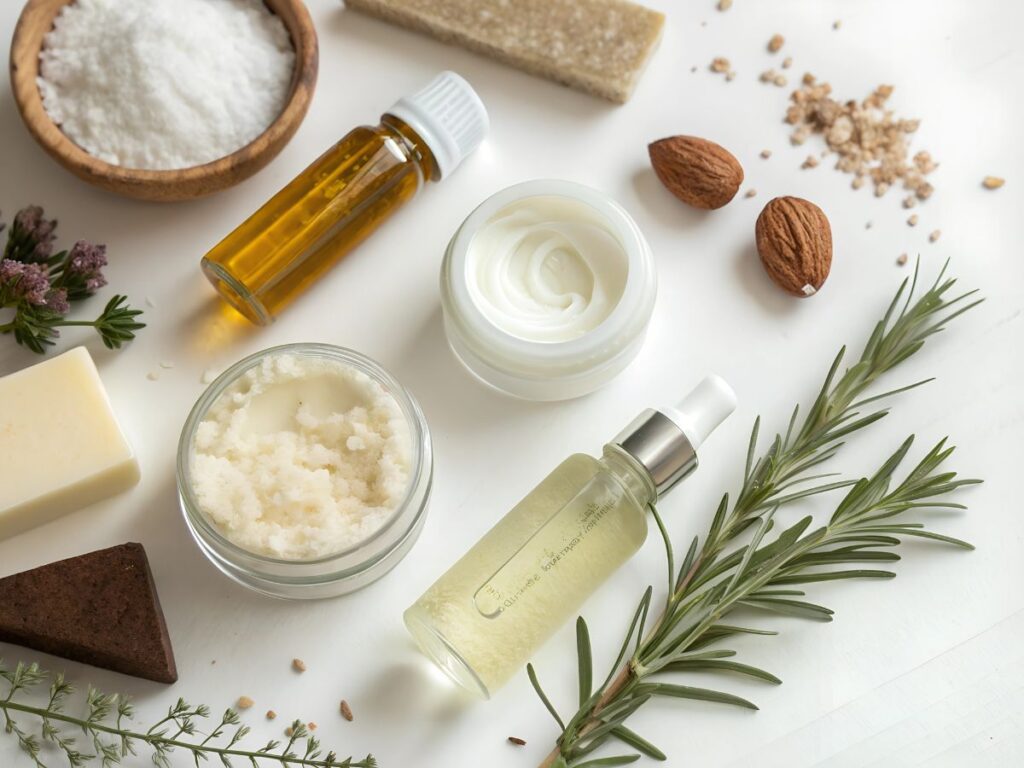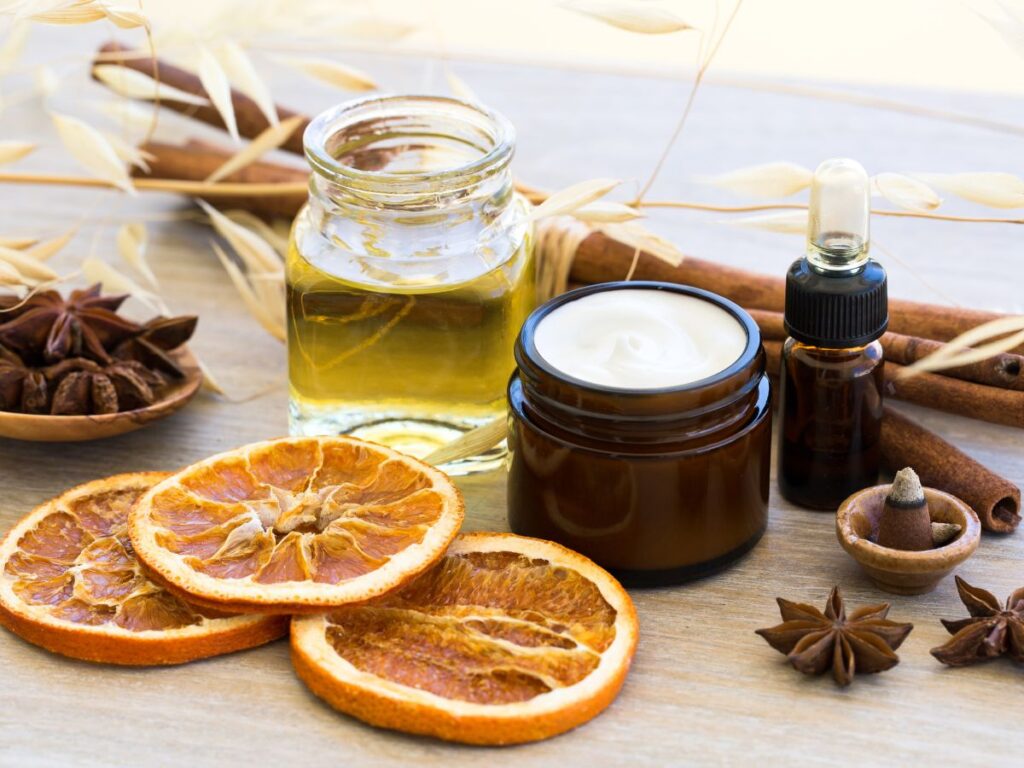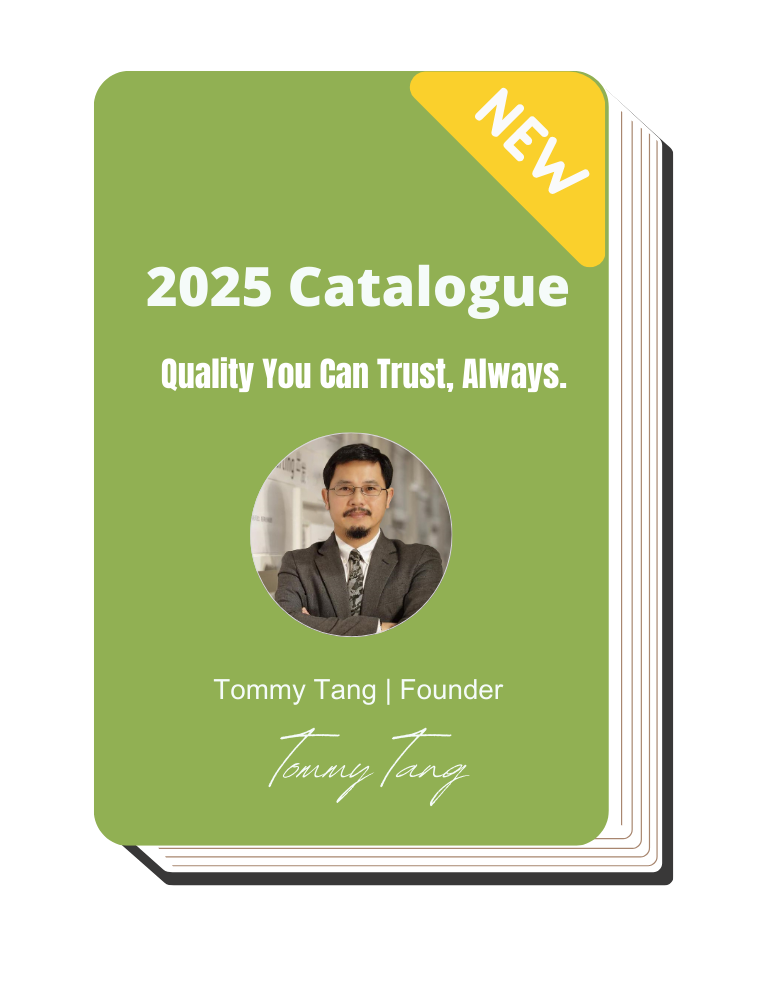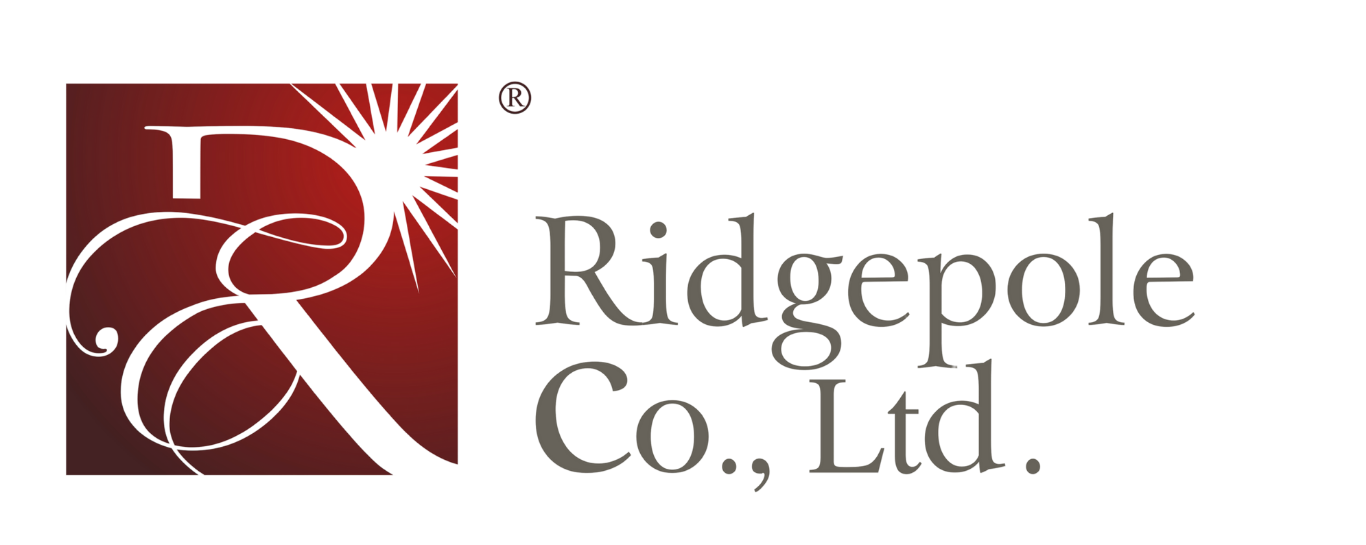What Is Halal Skincare?

Author: Tommy Tang | Founder at Ridgepole
Hi, I'm Tommy Tang, here to share my expertise in skincare with you.
Table of Contents
I remember when I first considered adding halal skincare to my business. Customers were asking for it, but I wasn’t sure what made a product truly halal.
Was it just about ingredients, or was there more to it?
That question led me down a path of research, supplier meetings, and certifications. What I discovered completely changed how I viewed the beauty industry.
If you’re in the skincare business, you need to understand halal standards. Not just for compliance, but because the demand is growing—and businesses that ignore it risk falling behind.
In this article, I’ll break down what halal skincare really means and how you can tap into this expanding market. By the end, you’ll have a clear understanding of how to make informed decisions.
So, let’s dive in.
1. What Makes Skincare Products Halal?
Halal skincare products are made with ingredients and processes that follow Islamic law. They use only halal (permissible) ingredients and avoid anything haram (forbidden). This includes alcohol, pork-based ingredients like gelatin, and certain animal by-products unless they come from halal sources.
So, how can you tell if a product is truly halal?
Look for certifications from trusted halal authorities. A certified product meets both ingredient and manufacturing standards. With this knowledge, you can choose products that meet your customers’ values.

2. Benefits of Halal Certification in Skincare
When I first looked into halal certification, I saw it as just another regulatory hurdle. But once I secured it, I realized it was one of the best business decisions I ever made. It wasn’t just about meeting a religious requirement—it opened doors to new markets, built trust, and set my brand apart.
If you’re a skincare business owner, halal certification isn’t just a nice-to-have, it’s a game-changer. Here’s why:
- Access to a Billion-Dollar Market: The global halal cosmetics market is projected to surpass $50 billion. Certified brands get direct access to millions of Muslim consumers actively looking for trusted products.
- Stronger Customer Trust: Consumers value authenticity. A halal-certified product signals transparency, ethical sourcing, and quality, which strengthens brand credibility and long-term loyalty.
- Global Expansion: Many retailers in Muslim-majority countries require halal certification for beauty products. If you want to expand into Southeast Asia, the Middle East, or Europe, this certification opens doors.
- Appeals to Ethical & Clean Beauty: Halal skincare isn’t just for Muslim consumers. Many non-Muslim customers prefer it because it aligns with clean beauty standards—free from harsh alcohols, questionable animal ingredients, and unethical sourcing.
- Increases Online Sales Channels: With halal certification, your products qualify for placement in major halal-friendly retailers, pharmacies, and online marketplaces. It expands your distribution potential beyond conventional beauty stores.
I’ve seen brands hesitate because they assume certification is too complex or unnecessary. But the truth? It’s one of the smartest investments you can make, not just for compliance, but for business growth, market expansion, and consumer trust.

3. Types of Halal Certifications to Know
Halal certification proves that a product meets Islamic standards for ingredients and production.
But did you know there are different certifying bodies worldwide?
Each has its own rules and recognition in different markets. Here are the important halal certifications to understand:
JAKIM (Malaysia): Trusted Worldwide
- Full Name: Department of Islamic Development Malaysia
- Why It Matters: JAKIM certification is globally respected, especially in Muslim-majority countries. Many retailers see JAKIM as the gold standard for halal approval.
- Focus: It covers ingredients, manufacturing processes, and storage methods. JAKIM also audits facilities regularly.
If you want to export to Southeast Asia, having JAKIM certification can open many doors.
MUI (Indonesia): Key to the Indonesian Market
- Full Name: Majelis Ulama Indonesia
- Why It Matters: Indonesia has the largest Muslim population, and MUI certification is required for most cosmetic imports. Without it, your products can’t enter the market.
- Focus: MUI checks ingredients, manufacturing methods, and even supply chains to ensure they meet Islamic law.
HCS (Halal Certification Services): Europe-Based Certification
- Location: Switzerland (serving Europe and beyond)
- Why It Matters: HCS is widely recognized in Europe and trusted for halal standards outside Muslim-majority regions. It’s ideal if you want to reach European halal-conscious buyers.
- Focus: HCS reviews everything from ingredients to transportation to ensure halal standards.
ESMA (UAE): Key to the Middle East
- Full Name: Emirates Authority for Standardization and Metrology
- Why It Matters: ESMA certification is essential for entering markets in the UAE and the wider Gulf Cooperation Council (GCC) region.
- Focus: It includes strict ingredient checks and halal-compliant manufacturing processes. ESMA certification also aligns with international standards.
4. Halal Ingredients vs. Non-Halal Ingredients
Choosing the right ingredients is key to making skincare products halal. Halal ingredients are pure, ethical, and sourced according to Islamic law. Non-halal ingredients, on the other hand, include substances that are forbidden (haram). Here’s a simple table that breaks it down by ingredient type:
| Ingredient Type | Halal Examples (Allowed) | Non-Halal Examples (Avoid) |
| Oils & Moisturizers | Coconut oil, Argan oil, Olive oil | Animal fats (lard), Non-halal tallow |
| Collagen & Proteins | Plant-based collagen, Soy protein | Pig-derived collagen, Non-halal gelatin |
| Preservatives | Halal-certified preservatives | Alcohol (ethanol) from fermentation |
| Fragrances & Extracts | Aloe vera, Rose water, Lavender oil | Fragrances containing alcohol |
| Glycerin (Humectant) | Plant-based glycerin (from vegetable oils) | Glycerin from non-halal animal fats |
| Colorants & Minerals | Natural minerals (e.g., zinc oxide, clay) | Colorants processed with animal-derived enzymes |
Many consumers assume that alcohol-free or vegan means halal, but that’s not always true. Halal is about both ingredients and how they are sourced and processed. Knowing this difference helps you select products that align with your customers’ values.
5. Common Myths About Halal Skincare (and the Truth)
There are many misunderstandings about halal skincare. These myths can confuse retailers and buyers alike. Knowing the truth helps you make informed decisions and better serve your customers. Let’s clear up the most common myths:
Myth 1: “Halal skincare is only for Muslims.”
- Truth: Halal skincare appeals to many buyers beyond the Muslim community. Ethical shoppers choose halal products because they are cruelty-free, ethically sourced, and free from harmful ingredients. According to a report by Grand View Research, the clean beauty trend is driving interest in halal-certified cosmetics worldwide.
Myth 2: “Halal means organic or natural.”
- Truth: Halal certification focuses on using permissible ingredients and ethical processes, but it doesn’t guarantee the product is organic or natural. A halal product can still contain synthetic ingredients if they meet halal standards. For example, halal-certified sunscreen may use lab-made UV filters.
Myth 3: “All alcohol is haram in skincare.”
- Truth: Not all alcohol is haram. Only ethanol from fermentation is forbidden.
Other alcohols, like cetyl or stearyl alcohol, which are fatty alcohols from plants, are halal and safe for the skin. This confusion often leads brands to wrongly label alcohol-free products as halal.
Myth 4: “Halal certification is expensive and unnecessary.”
- Truth: While certification has costs, it is a valuable investment. It opens access to large markets, including Southeast Asia and the Middle East, where halal certification is often required.
I once worked with a distributor who hesitated to get certification. After securing it, they entered the Indonesian market and saw their sales double within a year.
6. Factors to Consider When Choosing Halal Skincare Products
When I first explored halal skincare for my brand, I assumed it was just about avoiding certain ingredients. But I quickly realized it was more complex. From sourcing to certification, every step mattered.
If you’re thinking about offering halal skincare, how do you verify if your products truly meet the standard?Here are the key factors every skincare business owner like you should consider:
#1 Manufacturing & Cross-Contamination
Even if your ingredients are halal, your products can still be compromised. Are your products manufactured in a facility that also handles non-halal items? Cross-contamination is a serious concern in halal skincare. Partnering with a halal-certified manufacturer ensures your products maintain their purity from start to finish.
#2 Ethical & Cruelty-Free Practices
When I first considered halal skincare, I thought the focus was just on ingredients. But then I noticed a trend, consumers weren’t just asking for halal; they wanted ethical, cruelty-free, and sustainable products. According to a 2023 report, over 70% of halal beauty consumers also prioritize cruelty-free brands.
I saw this firsthand when I shifted my formulations to include responsibly sourced ingredients. Not only did it strengthen my brand’s reputation, but it also opened doors to new retailers that value sustainability.
#3 Ingredient Transparency
When I first explored halal skincare, I assumed that if a product didn’t contain pork or alcohol, it was good to go. But I quickly learned that hidden non-halal ingredients are everywhere, especially in common skincare formulations. What looks safe on the surface may actually contain animal-derived or impure substances.
Some ingredients to double-check in your formulations include:
- Glycerin: Often derived from animal fat unless specified as plant-based.
- Collagen: Commonly sourced from bovine or porcine origins unless it’s marine-based.
- Gelatin: A binding agent that can come from non-halal sources.
- Stearic Acid: Found in lotions and creams, sometimes derived from pork fat.
This is why ingredient traceability is crucial. It’s not enough to read a label—you need to know where each ingredient comes from and how it’s processed.
Final thoughts
Looking back, diving into halal skincare was one of the smartest business decisions I ever made. What started as a confusing concept turned into a major opportunity. Once I understood the standards, the market, and the consumer trust behind it, everything clicked.
If you’re in the skincare industry, now is the time to act.
Whether you’re developing new products or expanding your existing line, finding the right manufacturing partner makes all the difference.
Ridgepole can help you create high-quality, halal-certified skincare that meets global standards.
Ready to take the next step? Contact us today to start your journey into halal skincare!
More Guides and Tips to Explore
Need more ideas? Browse through our extended range of products and discover something new:
Still haven’t found what you’re looking for? Don’t hesitate to contact us. We’re available around the clock to assist you.
Quick Quote
Own Your Private Label Cosmetic Line Is No Longer Difficult Here!





